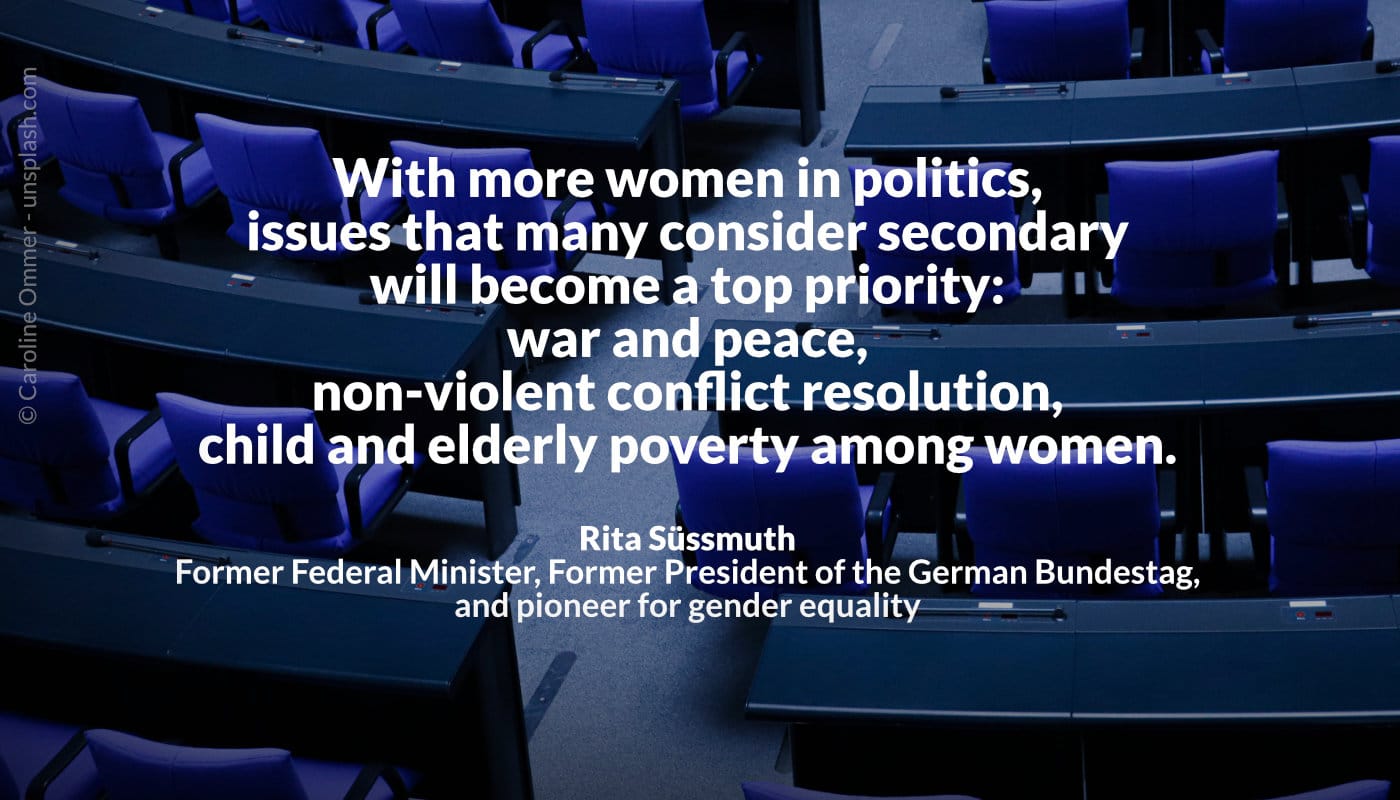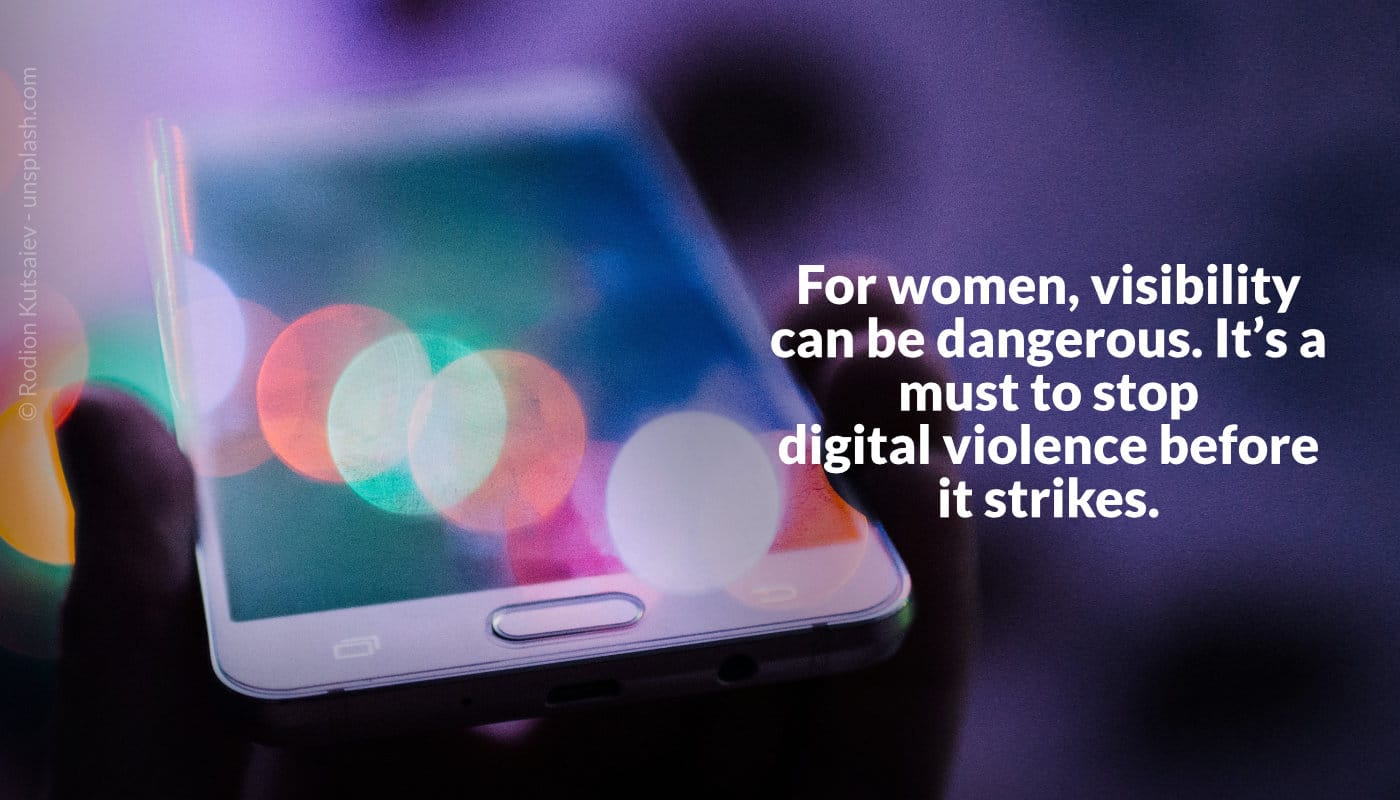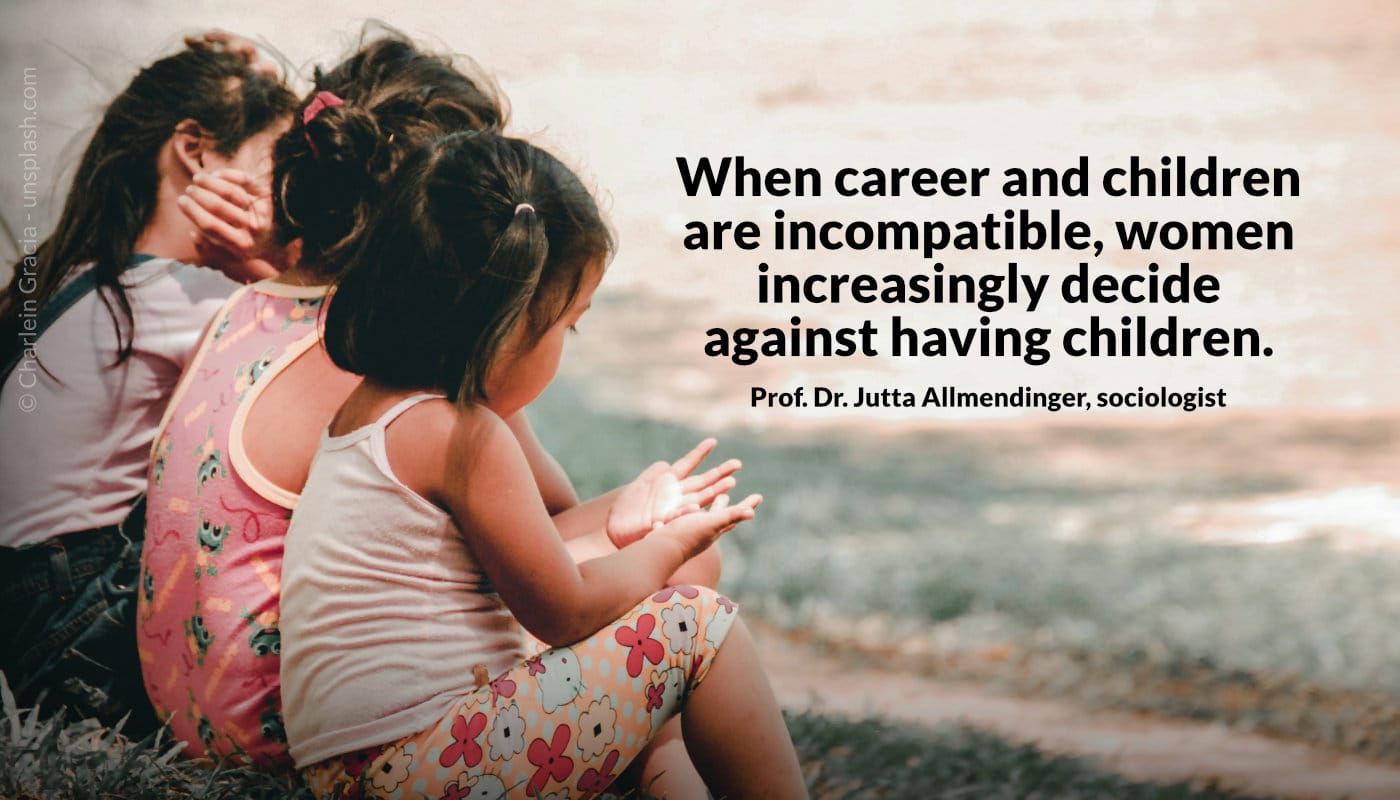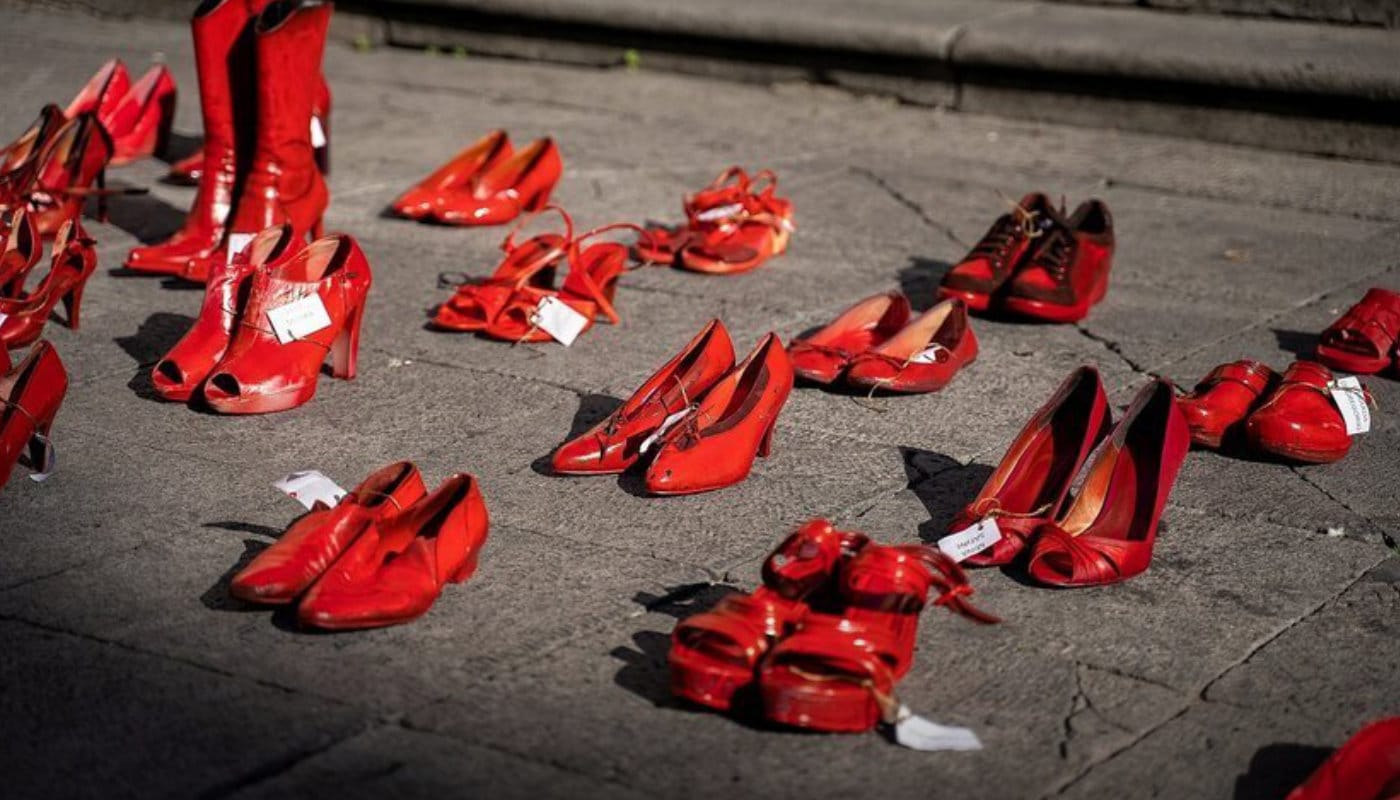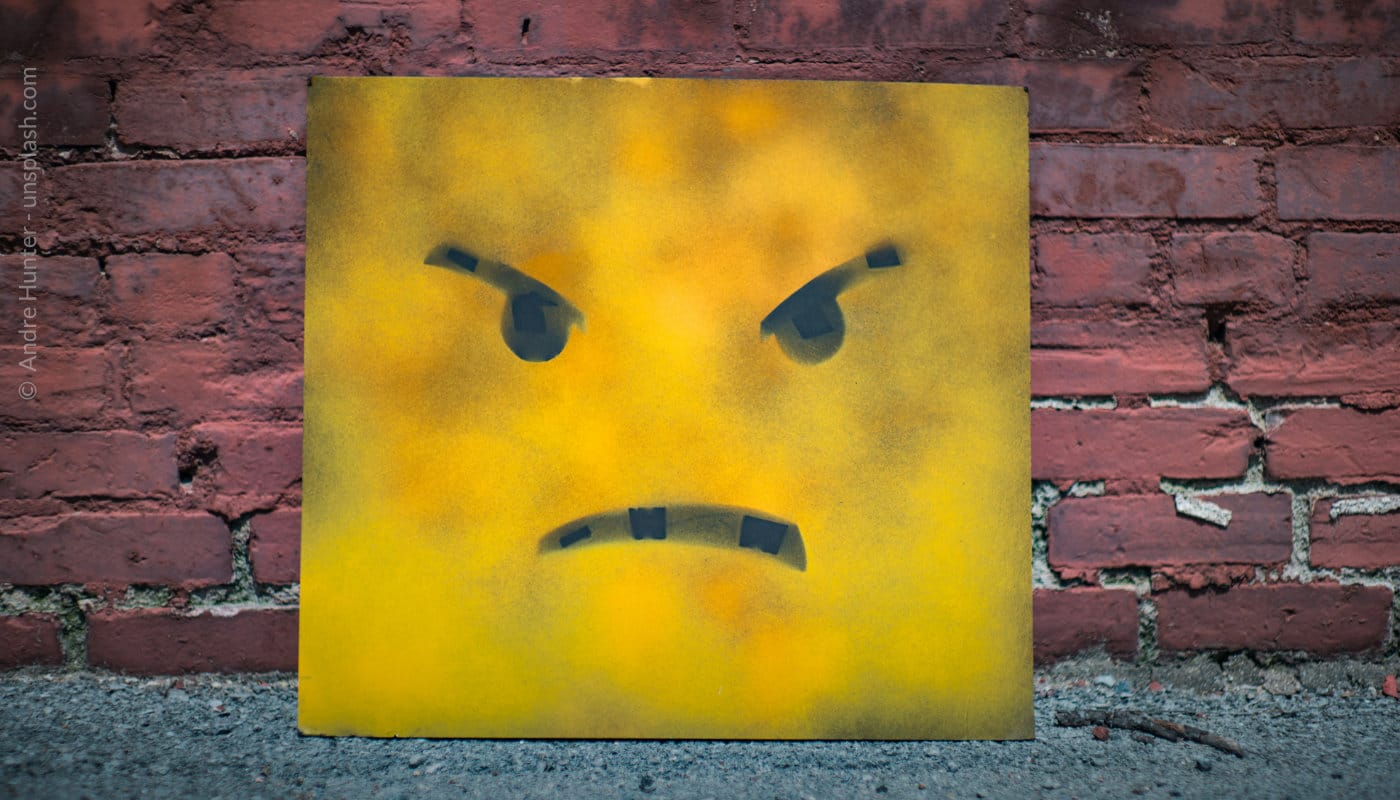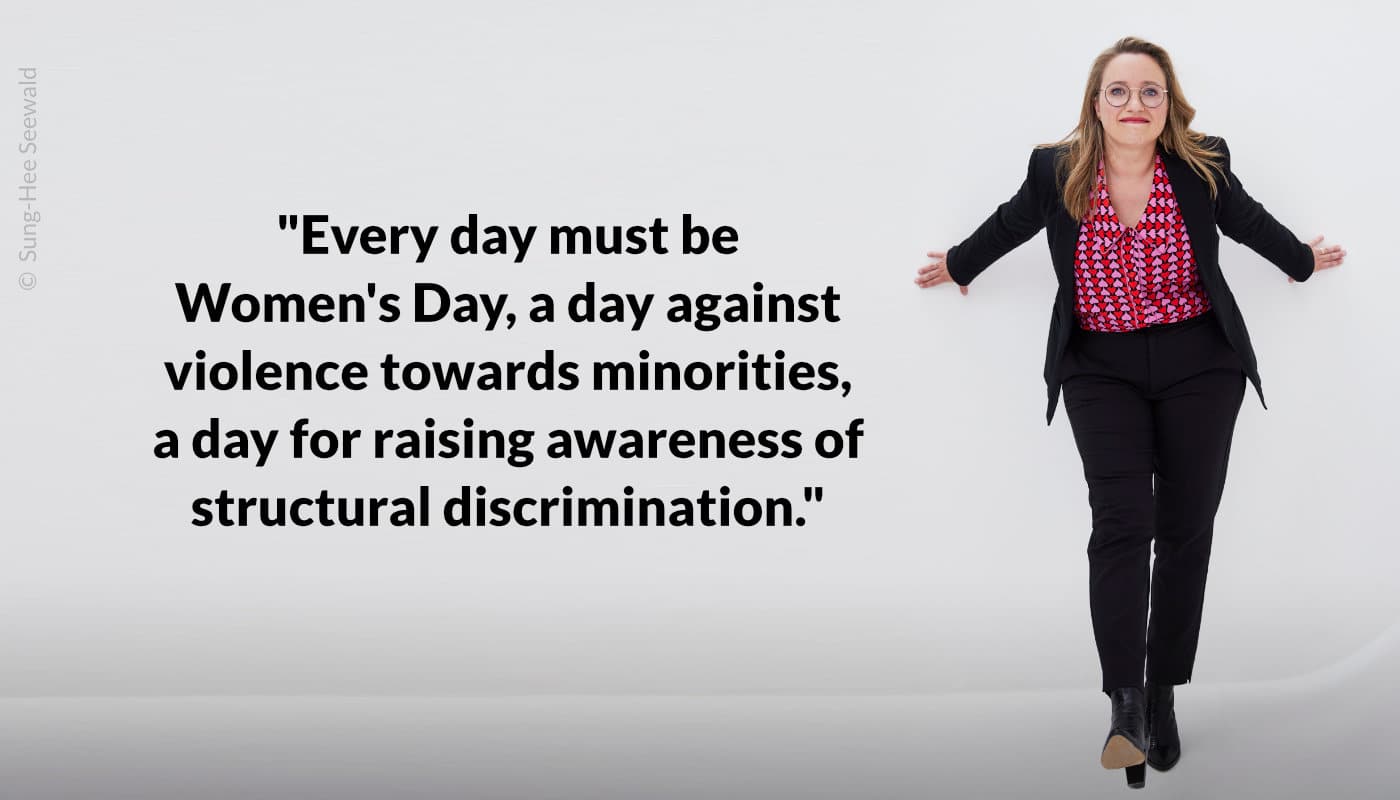Instead of being excited about blockbusters like “Barbie” and “Oppenheimer,” 5.5 million Italians were captivated by a black-and-white film about domestic violence in the autumn of 2023. It remained at the top of the box office charts for weeks. (RND)
“Tomorrow is Another Day”: the story of Delia, an Italian woman in 1946, who suffers under an abusive husband and struggles to support her family of five, including her father-in-law, under difficult circumstances. Despite the violence portrayed in the film, it conveys an optimistic message, according to NZZ. It also deals with empowerment (ZEIT ONLINE).
EDITION F interviewed Paola Cortellesi, the director, co-screenwriter, and lead actress of the tragicomedy. “In Italy, there is a great awareness of this issue, as #Femicides are counted – about every 72 hours, a woman is killed by a man – and discussed in the media. So, with the film, I struck a chord,” she says.
Shortly after the film’s release, 22-year-old Giulia Cecchettin was murdered by her ex-boyfriend. According to ZEIT, her sister wrote in an open letter: The men who commit femicides are not monsters. “They are not sick, they are healthy sons of patriarchy, of rape culture (…) Femicide is murder by the state, because the state does not protect us. Femicide is not a crime of passion, but a crime of power.”
Cortellesi in the interview: “On paper, we have laws that are supposed to enable us to live a more equal life, free from oppression and violence. But cultural mentality is adapting to this very, very slowly.”
The awareness that women can reach the top is perhaps greater than ever in recent Italian history, according to NZZ. The proportion of women with a university degree is significantly higher than that of men (23% compared to just over 17%). A woman leads the government – albeit the post-fascist Giorgia Meloni with a corresponding worldview and role model. The opposition is also led by a woman: Elly Schlein. And Liliana Segre, a Holocaust survivor and senator for life, is “something like the moral conscience of the nation” (NZZ).
However, “maschilismo,” male chauvinism, is far from being eradicated from Italian daily life. 4 out of 10 women (especially in “educationally disadvantaged” backgrounds, in rural areas, and in the South) do not have their own bank account; 37,000 women quit their jobs in 2022 when they became mothers; women’s pensions are 36% lower than men’s. The female employment rate is the second lowest in Europe.
Kurz nach dem Mord an Giulia Cecchettin gingen laut ZEIT in ganz Italien Zehntausende unter dem Motto “Nicht eine weniger” auf die Straße.
Eine Demonstrantin in Rom trug den Screenshot einer Szene des Films, in der Delia zu ihrer frisch verlobten Tochter sagt: “Für dich ist es noch nicht zu spät.” Die Tochter antwortet: “Für dich auch nicht, Mama.”

Posted by Natascha Hoffner, Founder & CEO of herCAREER, WiWo columnist, LinkedIn TOP Voice 2020, W&V 2019 – 100 Köpfe
published on LinkedIn on 17.04.2024
References:
- https://editionf.com/paola-cortellesi-morgen-ist-auch-noch-ein-tag/
- https://www.nzz.ch/international/italien-ueberraschungserfolg-fuer-kinofilm-ueber-emanzipation-ld.1765410
- https://www.zeit.de/2024/15/gewalt-frauen-italien-femizid-film
- https://www.rnd.de/kultur/morgen-ist-auch-noch-ein-tag-im-kino-eine-italienische-heldin-erobert-die-herzen-SPGJRG25OFA7PMVZQI4H7PUS6E.html


